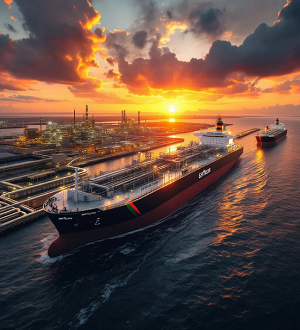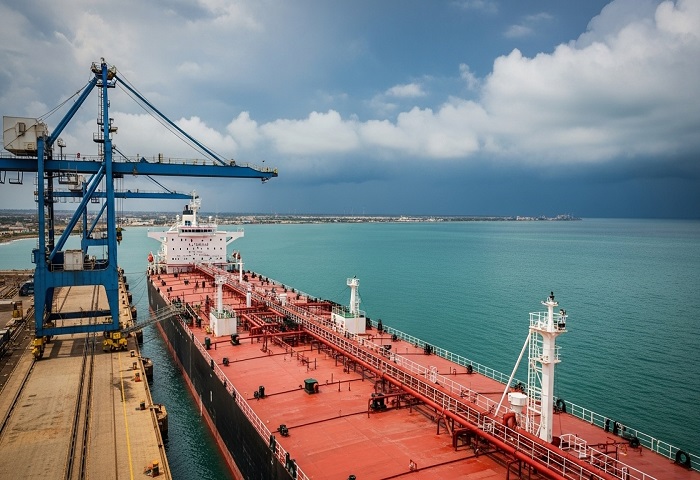
Empowering West Africa's Energy Future: Invest in Earthcore's Regional Fuel Supply Initiative
Earthcore Investments invites astute investors to capitalize on our West African Regional Fuel Supply Initiative—a strategic extension of the upcoming Cape Coast Refinery. By leveraging its 1 million barrels per day capacity, we position Earthcore as a premier supplier of refined petroleum products, including Automotive Gas Oil (AGO - Diesel) and Premium Motor Spirit (PMS - Petrol), to governments and private entities across the sub-region. With supply contracts targeting up to 1 million metric tons per annum, this initiative ensures energy stability amid growing demand, fostering seamless distribution and reducing import dependencies.
Key investor attractions include robust revenue streams from long-term contracts and spot sales, tapping into West Africa's refined products market projected to grow at a CAGR of 4.49-5.7% through 2033, reaching $87 billion by 2032. Expect attractive ROI potentials of 10-15% in similar downstream ventures, bolstered by Ghana's stable fiscal regime and incentives for energy projects. Diversified risks through regional partnerships align with ESG goals, emphasizing sustainable supply chains and low-carbon tech.
The broader impact elevates Ghana as a regional energy hub, akin to the $60 billion Petroleum Hub vision, generating substantial foreign exchange—potentially billions annually—and driving economic integration via AfCFTA. This creates jobs in logistics, operations, and trade, while enhancing energy security for a market where demand for diesel and petrol surges with urbanization
Strategically, the project aligns with Ghana's broader ambitions to become a regional energy hub, mirroring the Petroleum Hub Development Corporation's (PHDC) $60 billion integrated complex in Jomoro, Western Region, which encompasses refineries, storage, and petrochemical facilities. The PHDC's first phase, valued at $12 billion, broke ground in August 2024 and targets supplying refined products across West Africa by 2036, reducing import reliance and enhancing fuel security. Earthcore's initiative complements this by leveraging private sector agility in importation, storage, and marketing of refined products, as highlighted in their petroleum trade operations.
Market analysis underscores the opportunity: West Africa's refined petroleum products sector was valued at $55.86 billion in 2024, projected to reach $87.04 billion by 2032 at a CAGR of 5.7%, driven by urbanization, industrial growth, and energy demand. Broader African refined products market stands at $50 billion, with West Africa expecting a CAGR of around 5% through 2027, fueled by infrastructure expansions and reduced supply disruptions. Demand for diesel and petrol remains high, with Africa needing $9.3 billion in fuel-transportation infrastructure to support growing consumption. Initiatives like Nigeria's regional pricing benchmark for petrol, diesel, and aviation fuel further stabilize the market, attracting investments









